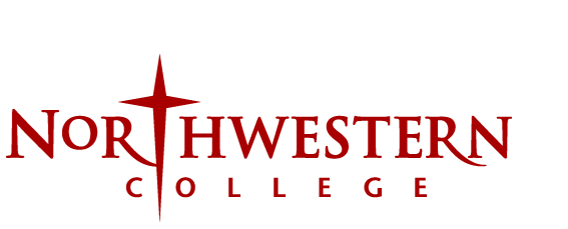Document Type
Article
Publication Date
5-2017
Abstract
Finding an instructional practice that works for most students in a classroom can be difficult. With so many different styles of learners, outside influences, and students coming in with different background knowledge, it can be hard to know where to start with some units. The purpose of this research was to use the framework of Authentic Intellectual Work (AIW) to test if this would improve student performance. Two kindergarten classrooms were used—a traditional classroom, and a classroom that implemented Authentic Intellectual Work. Both classrooms consisted of 21 students. The students were assessed using state certified screeners in January and again in April to measure any gains or set-backs in their performance. The screeners used were Boulder Valley, a math screener, and the Formative Reading Assessment System for Teachers (FAST), which is a literacy screener. What was found was that literacy performance remained consistent for both classrooms. Math performance lowered in the traditional classroom by 5%, while the AIW classroom saw a 14% gain in performance. These findings may suggest that where students have freedom to construct their own knowledge and thinking (such as choosing a strategy to complete a math problem), they will be more successful if they have been taught in a way that follows the AIW framework. While subjects such as reading are more “structured” with less student choice, may not have as much impact from the framework of AIW.
Recommended Citation
Robbins, A. (2017). Authentic intellectual work and student achievement (Master's thesis, Northwestern College, Orange City, IA). Retrieved from http://nwcommons.nwciowa.edu/education_masters/33/

